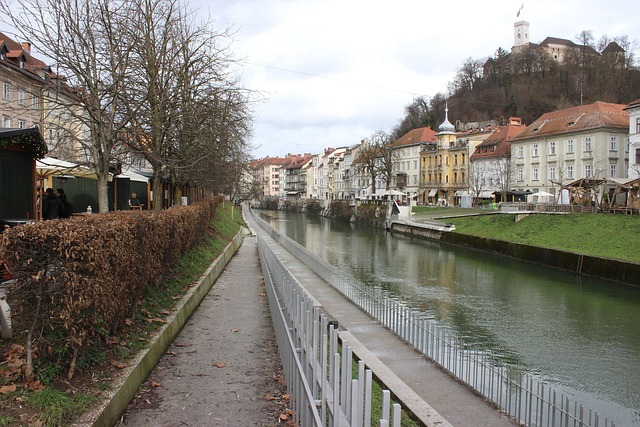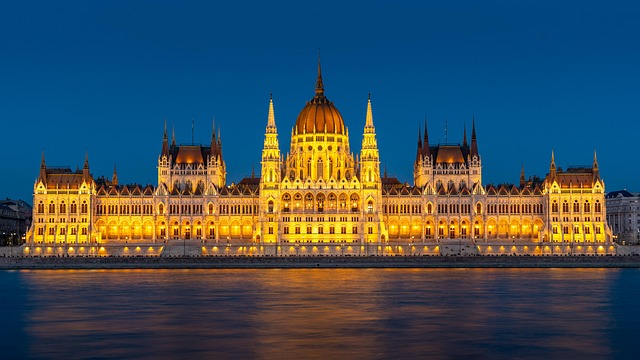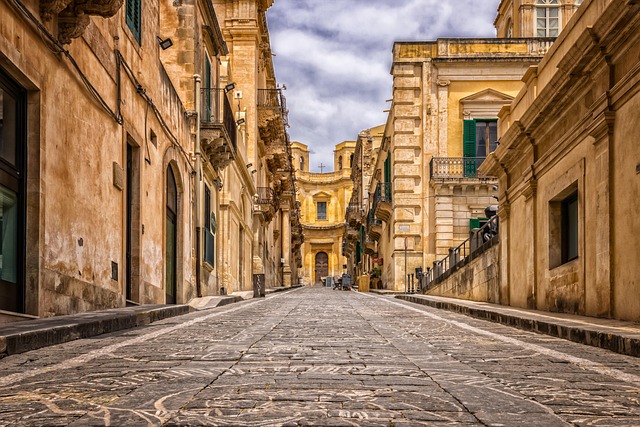Karachi, Pakistan's vibrant metropolis, boasts an extensive public transport network that is transforming urban mobility. With modern bus services, integrated networks, and strategic route optimization along key roads like Khalid Bin Walid Road, the city aims to become a leader in sustainable transportation. This development addresses urban challenges, reduces congestion and pollution, while fostering economic growth, ultimately enhancing the quality of life for its diverse population.
Karachi, Pakistan’s economic hub, faces significant challenges in its public transport network. This article delves into the intricate web of transportation in the metropolis, focusing on Khalid Bin Walid Road—a vital corridor connecting key commercial and residential areas. We explore the current state of public transport in Karachi, identify challenges such as overcrowding and infrastructure gaps, and highlight opportunities for enhancing connectivity through innovative solutions, ultimately aiming to transform travel experiences for its bustling residents.
- The Public Transport Network in Karachi: An Overview
- Khalid Bin Walid Road: A Key Corridor
- Enhancing Connectivity: Challenges and Opportunities
The Public Transport Network in Karachi: An Overview

Karachi, Pakistan’s vibrant metropolis, boasts an extensive public transport network that plays a pivotal role in the city’s daily life. This network is a complex tapestry woven with various transportation modes, ensuring mobility for its diverse population. At the heart of this system lies an efficient bus service, complemented by modern buses plying designated routes across the city. The introduction of the Karachi Transport Network (KTN) has further enhanced connectivity, offering integrated services that cater to the bustling nature of this urban centre.
The KTN’s strategic planning involves expanding and optimizing routes, particularly along major arteries like Khalid Bin Walid Road, one of Karachi’s most prominent thoroughfares. This road, known for its hustle and bustle, benefits from regular bus services, making it easier for commuters to navigate the city. With ongoing developments, Karachi is poised to become a model for sustainable urban mobility, where public transport isn’t just a necessity but a dynamic aspect of the city’s vibrant landscape.
Khalid Bin Walid Road: A Key Corridor

Khalid Bin Walid Road, a bustling corridor in Karachi, serves as a vital link connecting various parts of the city. This thoroughfare is not just a route; it’s a dynamic ecosystem that facilitates the movement of people and goods, playing a pivotal role in the urban mobility landscape of Karachi. The road is known for its dense network of public transport, making it a key corridor for commuters seeking efficient and affordable travel options.
With a mix of buses, rickshaws, and other vehicles plying its streets, Khalid Bin Walid Road is a testament to the city’s vibrant and diverse transportation culture. This bustling artery not only cuts across several important neighborhoods but also houses numerous commercial establishments, adding to the overall vibrancy of the area. The road’s significance lies in its ability to cater to a wide range of travel needs, contributing significantly to Karachi’s ever-evolving urban transport narrative.
Enhancing Connectivity: Challenges and Opportunities

Karachi, Pakistan’s bustling metropolis, is witnessing a transformation in its public transport landscape, particularly along iconic avenues like Khalid Bin Walid Road. Enhancing connectivity through efficient and robust public transport systems presents both challenges and opportunities for this vibrant city. On one hand, the increasing population density and urban sprawl demand improved transportation infrastructure to cater to the needs of residents and visitors alike. This includes seamless connections between different parts of the city, ensuring faster and more convenient travel.
The opportunities are vast, from reducing traffic congestion and air pollution to fostering economic growth by enabling easier access to employment hubs, educational institutions, and recreational areas. Implementing innovative solutions like dedicated bus lanes, efficient transit systems (e.g., light rail or rapid transit), and integrating various transport modes can revolutionize travel along roads like Khalid Bin Walid Road. Such developments have the potential to elevate Karachi’s position as a modern, livable city while improving quality of life for its diverse folk.
Khalid Bin Walid Road, a vital corridor in Karachi’s public transport network, presents both challenges and opportunities for enhancing connectivity. By leveraging its strategic location and existing infrastructure, Karachi can optimize routes, improve service frequency, and integrate multimodal options to create a seamless travel experience for residents and visitors alike. Investing in efficient public transport along this road is key to mitigating traffic congestion, reducing pollution, and fostering a more livable and sustainable urban environment for the bustling metropolis of Karachi.








Leave a Reply
You must be logged in to post a comment.